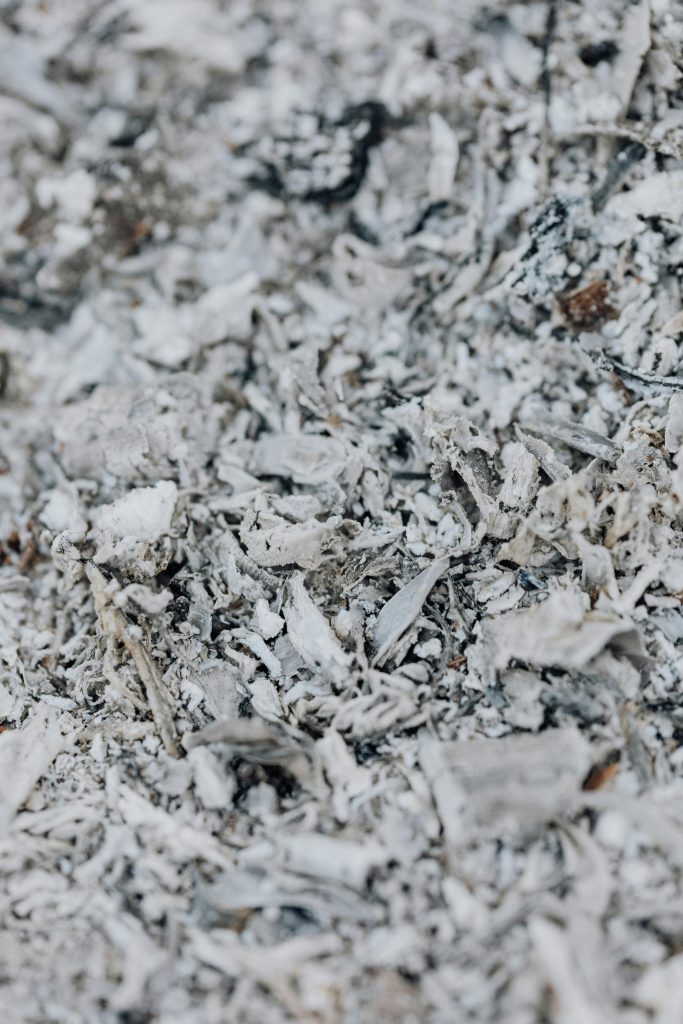Is Your Windows 10 Laptop Showing Signs of a Virus? Here’s What to Do Next
If you’ve been experiencing unexpected issues with your Windows 10 laptop, it may be more than just a coincidence. Recently, I encountered a situation that raised my suspicions about a potential virus. For over a month, my laptop has been running unusually hot, and I noticed a concerning daily loss of disk space—up to 2 GB a day. The overall performance has also taken a hit, even though I haven’t installed or downloaded anything that might seem suspicious.
To tackle the issue, I ran two comprehensive system scans using Malwarebytes and followed up with a full scan through Windows Defender. Despite my efforts, no malicious activity was detected. I even attempted a scan in safe mode, but found that Windows Defender wouldn’t boot in that mode.
If you’re facing similar symptoms of sudden heat generation, rapid disk space depletion, and sluggish performance, it’s crucial to take immediate action. Here are some practical steps to help diagnose and potentially resolve the issue:
-
Check Installed Programs: Go through your list of installed applications. Sometimes, unwanted software can sneak in without your knowledge. Uninstall anything that looks unfamiliar.
-
Disk Cleanup: Use the built-in disk cleanup tool to remove temporary files and other unnecessary data. This can help free up some space.
-
Monitor Running Processes: Open the Task Manager (Ctrl + Shift + Esc) and review the processes tab. Keep an eye out for any programs consuming an unusual amount of system resources.
-
Consider Additional Antivirus Software: It might be beneficial to complement Malwarebytes and Windows Defender with a different antivirus program. Some malware can evade detection, so using multiple tools can provide a more thorough examination.
-
Boot in Safe Mode: While Windows Defender has limitations in safe mode, you can still run Malwarebytes there for a more comprehensive scan. Make sure to update it first to ensure it has the latest definitions.
-
Backup Your Data: If you suspect a virus, it’s wise to back up your important files to an external drive or cloud storage. This ensures you don’t lose critical data if you need to perform a more invasive clean-up.
-
Seek Professional Help: If the issues persist, don’t hesitate to consult a professional. They may have access to more advanced tools to identify and remove stubborn malware.
Taking these steps can help you regain control of your laptop and
Share this content:




Thank you for sharing your detailed experience and the steps you’ve already taken. Persistent issues like unusually high temperatures, rapid disk space loss, and decreased performance can indeed be signs of a concealed malware infection or other system problems. Since your scans with Malwarebytes and Windows Defender have not detected anything, here are some additional suggestions to help you troubleshoot further: